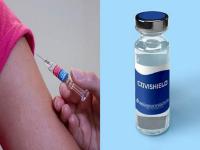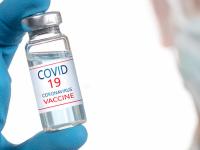UK Oxford University's coronavirus vaccine safe with few side effects
By Lokmat English Desk | Published: July 21, 2020 10:26 AM2020-07-21T10:26:05+5:302020-07-21T10:26:05+5:30

Two candidate vaccines, including a closely watched one being developed at the University of Oxford, showed positive trial results Monday against the virus that causes COVID-19, making it more likely that a safe, effective vaccine can be developed quickly.
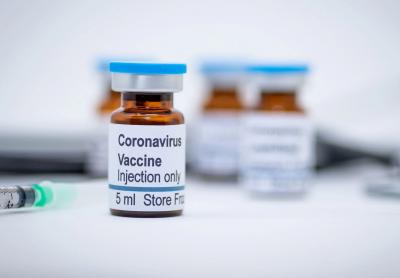
They add to two small, previous studies on different vaccine candidates in the U.S. that also appeared to be relatively safe and to trigger appropriate immune responses in study subjects.
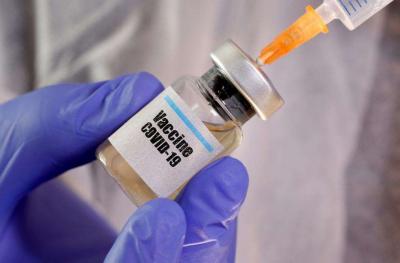
Early stage trials explore only safety and dosing and cannot determine a vaccine's effectiveness, but signs indicate that all four candidate vaccines are leading to immune responses similar to those experienced by people infected with the SARS-CoV-2 virus.
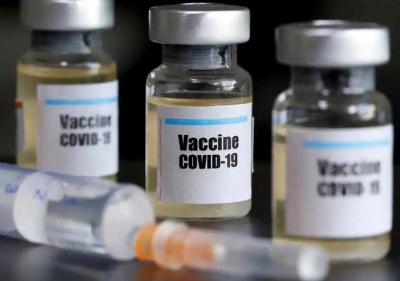
About 17 candidate vaccines are being tested in people around the world. The new results showed Oxford University and drug company AstraZeneca's candidate vaccine, AZD-1222, led to strong immune responses for nearly two months in a trial that continues to track more than 1,000 healthy adults.
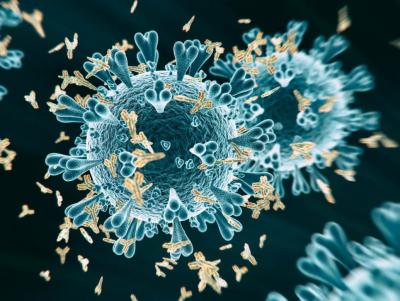
A second dose, given to 10 patients, seems to have boosted their immune response further without adding significant side effects, according to a paper published Monday in The Lancet.
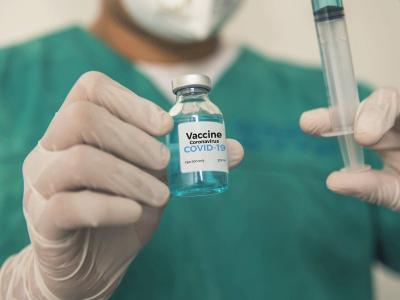
I think it's very exciting," Barry Bloom, an immunologist and global health expert at the Harvard T.H. Chan School of Public Health, said Monday on a call with media.

"The unlikely possibility that we will have vaccines ready for approval and large-scale distribution by the end of the year – which seemed utterly crazy seven months ago – may well be a real possibility."
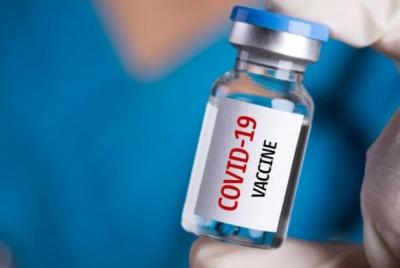
He and others Monday emphasized that the process is being sped up not by cutting corners on safety but by conducting research steps simultaneously that are typically done sequentially.

Oxford-AstraZeneca's trial is considered a Phase 1-2, and the pair is already getting ready to launch a large-scale Phase 3 trial within a few weeks.
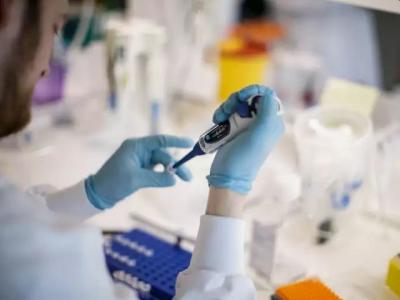
Dr. Anthony Pollard, professor of pediatric infection and immunity at the University of Oxford and chief investigator on the study, told reporters on a call that the results were "an important milestone on the path to a development of a vaccine."The results in various clinical trials cannot be compared against one another, but the fact that all have shown strong immune responses suggests "that we might have multiple hits on target," Pollard said.


















